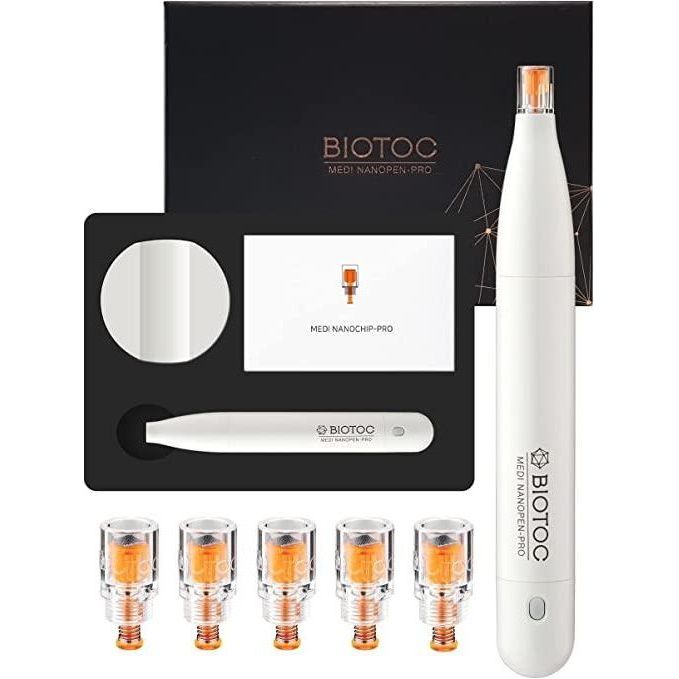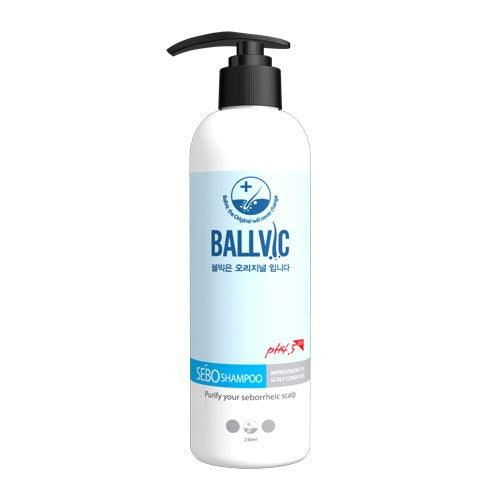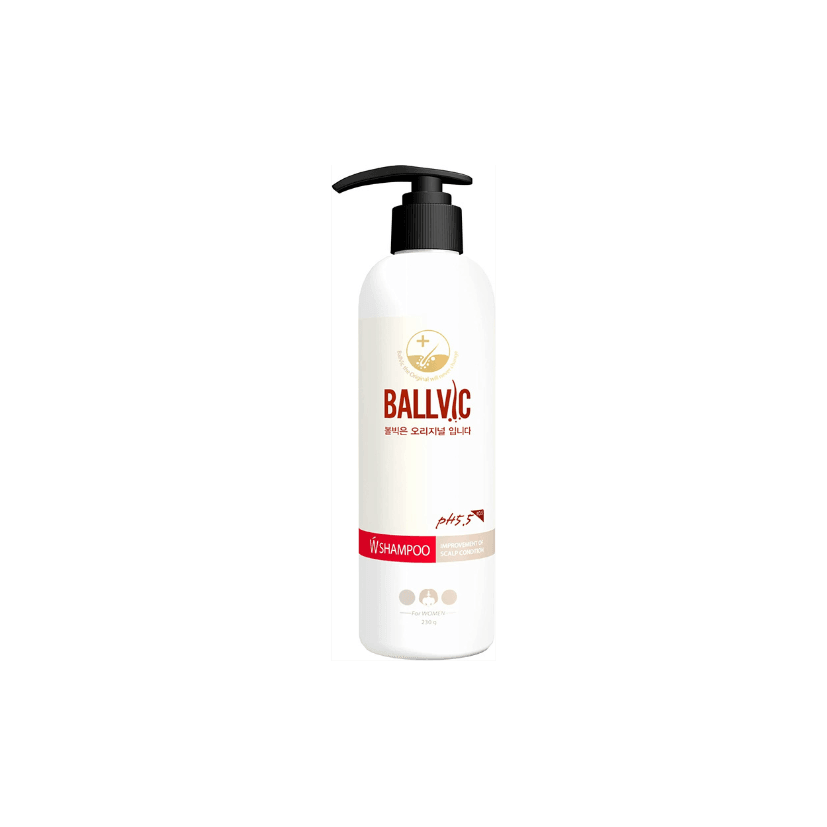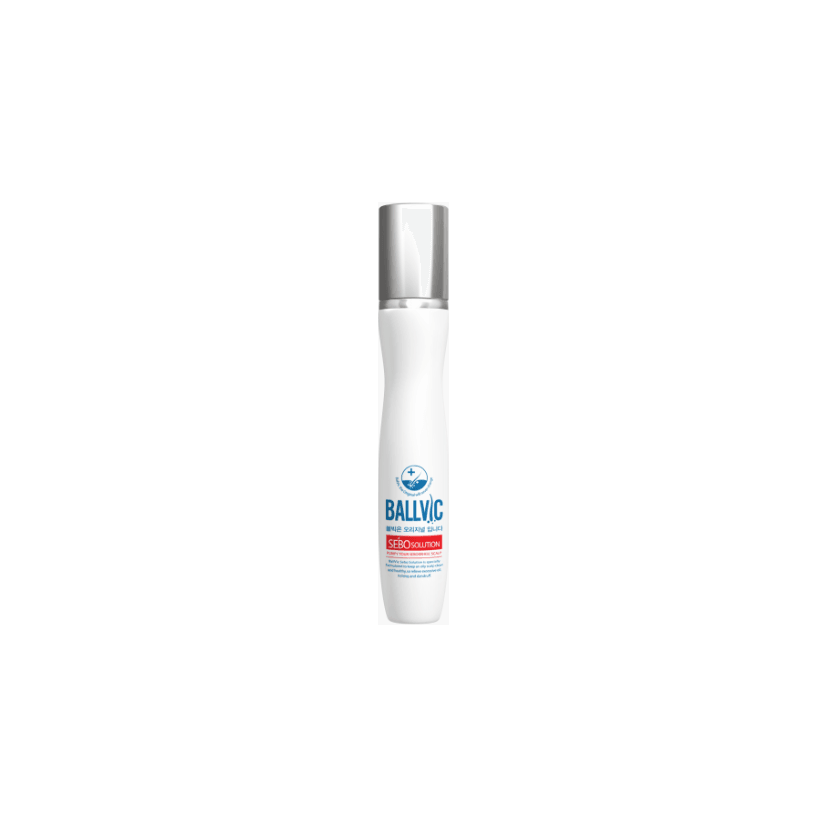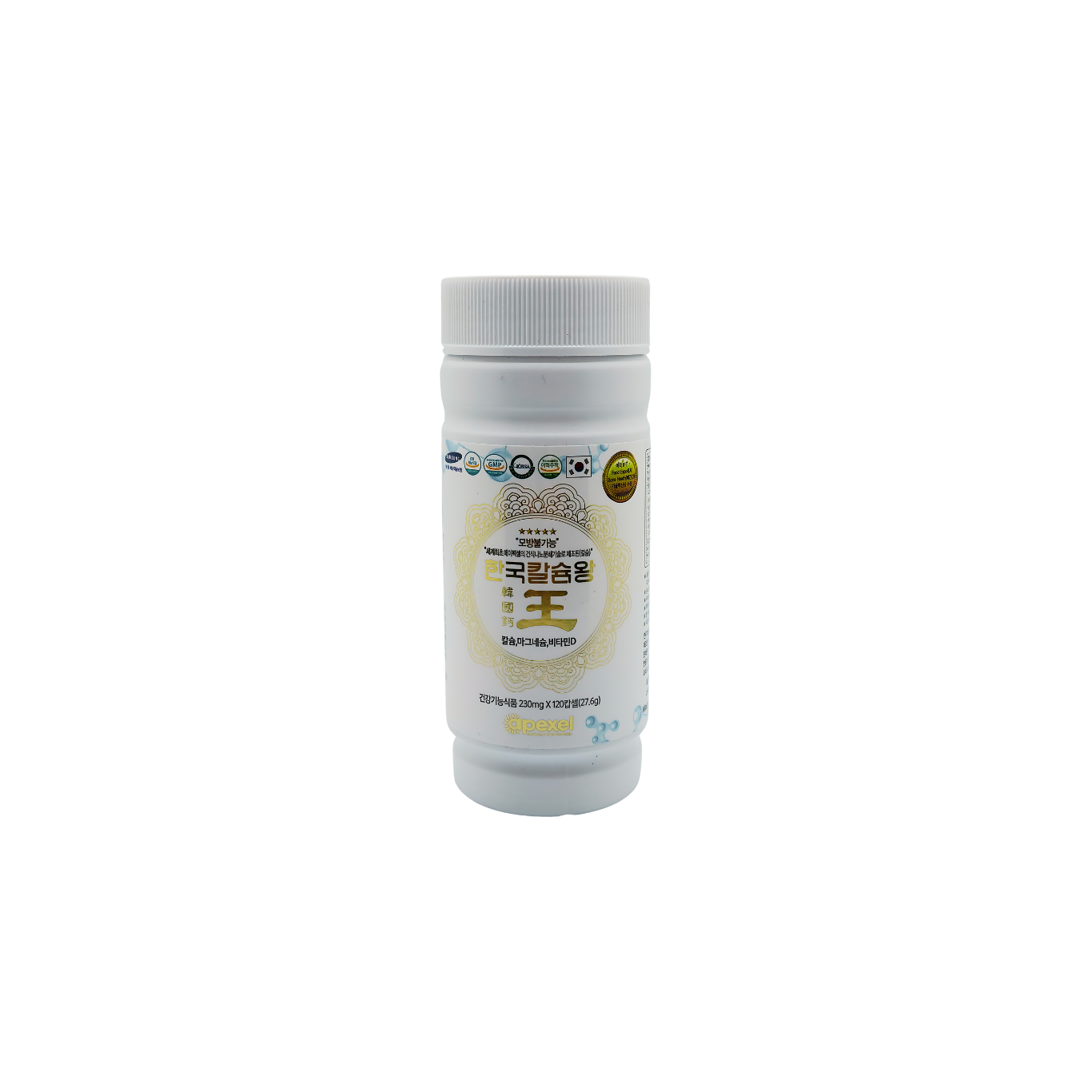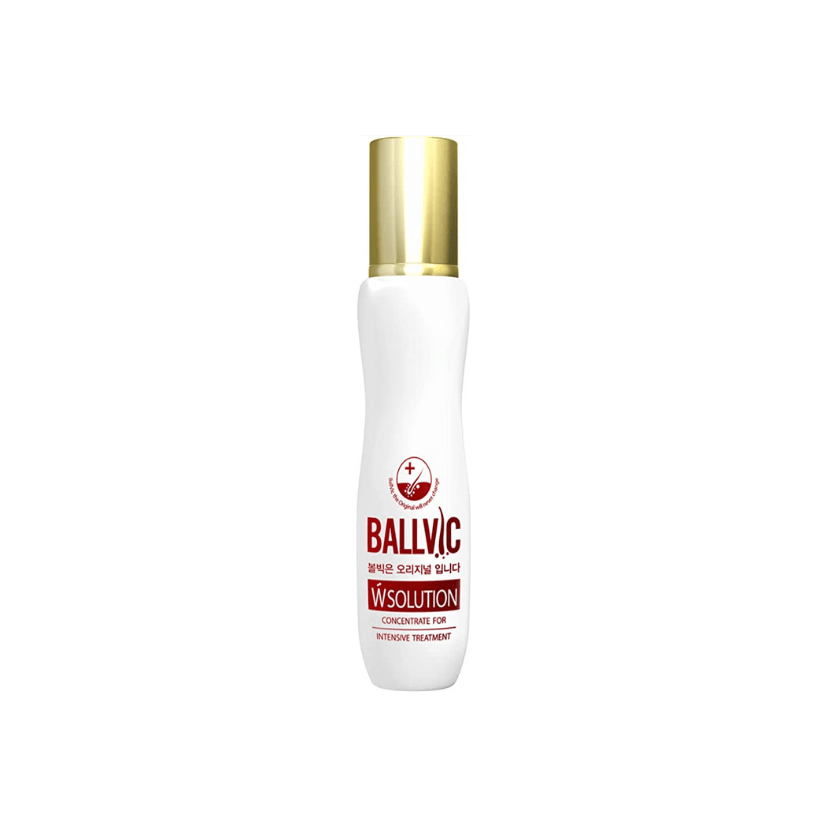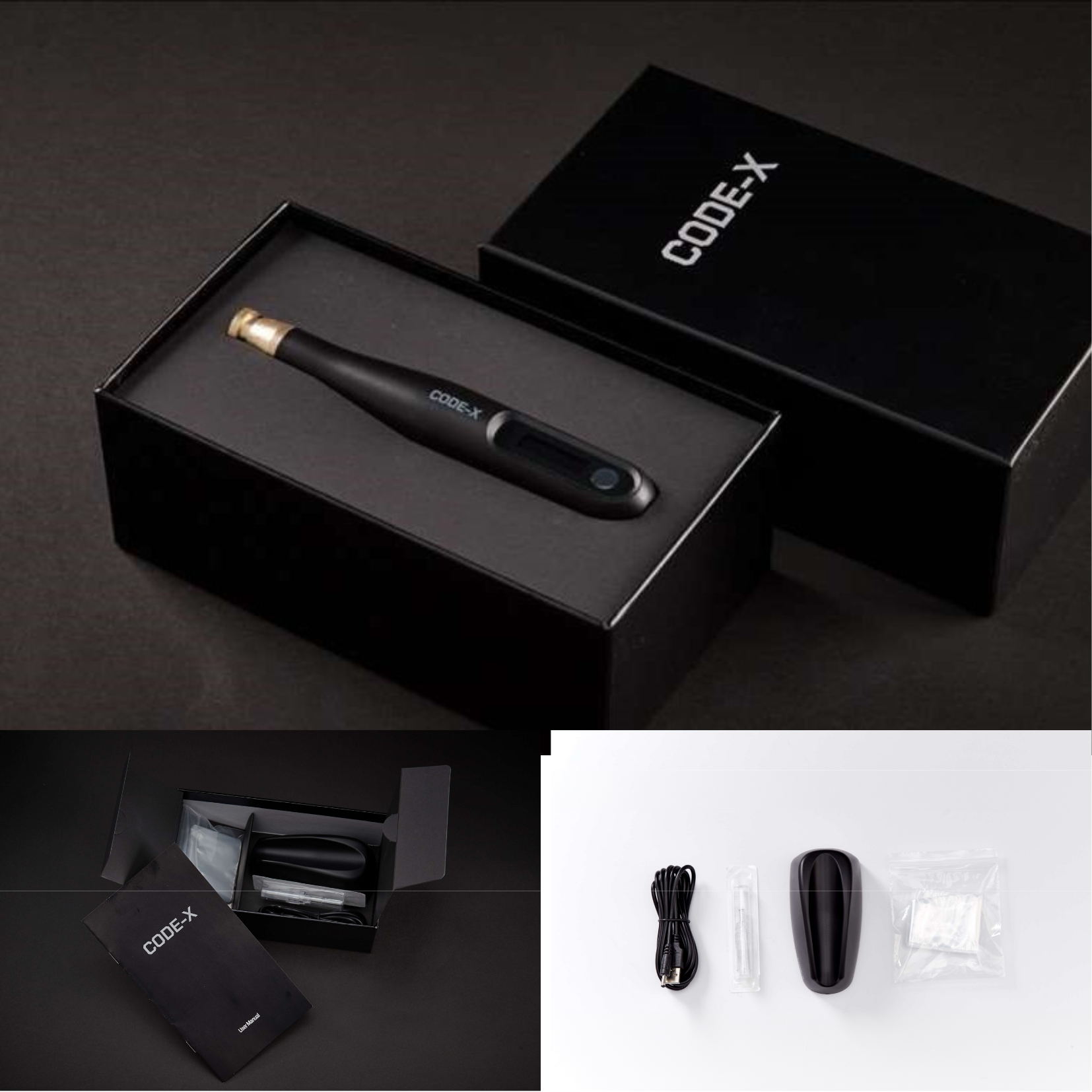Scientists of Color: Innovators from the Past and Present
Chemotherapy was once considered to be taboo before Dr. Jane C. Wright pushed to make it a standard of treatment for cancer patients. Wright began her career by working alongside her father, Dr. Louis T. Wright, at the Cancer...
